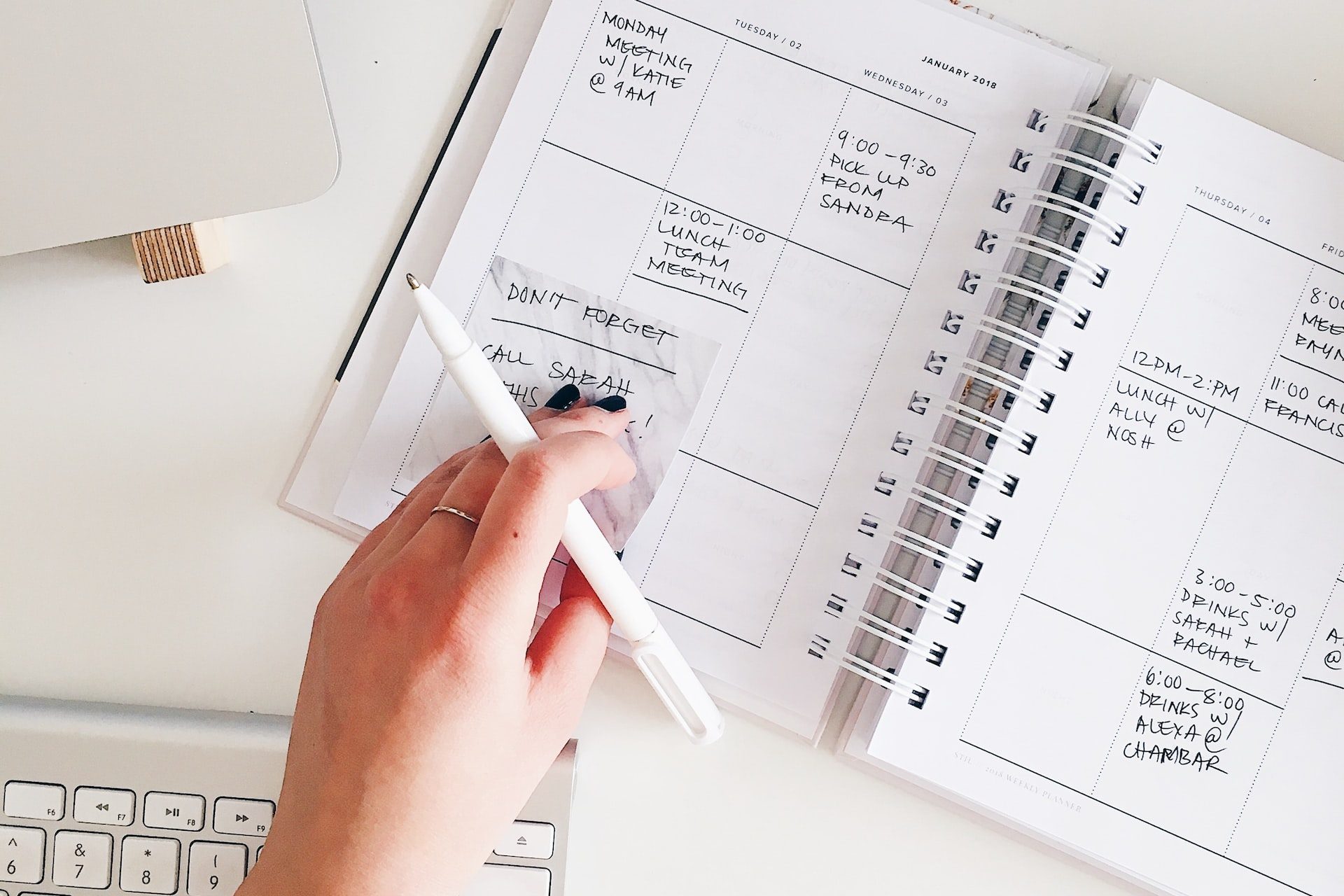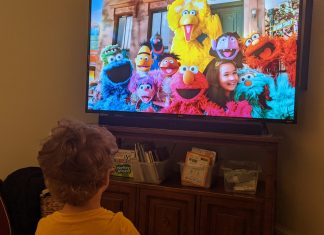
After yet another late Friday night at my computer, frantically trying to finish everything I put off all week, I asked myself (yet again), “Where did the time go this week?” Even after giving my calendar a once over, I still had no idea. But then I realized that perhaps I could determine the answer to my time management quandry. “What gets measured gets managed” is often my motto in my professional life as an engineer, so I committed to understanding how I was spending my time for the next seven days.
I am an avid follower of Laura Vanderkam — her books about time management, as well as her podcasts — and I credit her for this time-tracking exercise. I knew that if I documented how I was spending my hours (I chose to use 30-minute increments), it would help bring some clarity to where I could carve out time. There may have even been an Excel spreadsheet involved.
Let’s just say it was pretty eye-opening. Here are the biggest things I learned:
There is no such thing as a typical week
I thought that by tracking my time for a full seven days, I would get a good feel for a typical week in my life. A full work week without travel for both me and my husband, a couple volunteering-related meetings in the evening, my son going to school every day, church and laundry on Sunday — a normal week, right? Wrong.
An all-day training at work had me working late one night, my son had to stay home sick from school one day mid-week, my husband had a volunteer commitment one evening that changed our dinner plans, and more. I realized quickly that the only thing typical about my week was that my best-laid plans were often shelved in favor of flexibility around whatever “mom life” threw my way. There would be no waiting for a normal week because a normal week just doesn’t exist.
I watch WAY more TV than I thought
It’s so tempting and easy to throw myself on the couch at the end of a long day and watch an episode of a new show. Or two. Or three. Somehow my hand just isn’t quick enough to reach for the remote and outsmart the auto-play feature on Hulu and Netflix. A little bit of TV each night adds up to a lot, and I definitely realized that this week. And when the TV watching is accompanied by scrolling on social media, all bets are off.
I know that swearing off TV in the name of time management is probably not going to be feasible for me, but counting the hours really showed me that I need to cut back. Or at least get a couple of things done before I plop myself onto the couch for the night. This was so eye-opening to me, and I realized that cutting down on my late-night TV watching would be the best way for me to recover pockets of time for other things.
Quality over quantity
When I thought back on my week of time tracking, the things that stood out to me as the happiest actually didn’t take much of my time. A 15-minute walk outside, stopping at the playground for a few minutes after picking my son up from school, catching up with my husband for a few minutes at lunchtime, 20 minutes playing at home with my son. Initially, I felt guilty; surely the things I spend the most time on should be those most important to me. In some ways, that is true. But in thinking about the things that brought me the most joy this week, I realized it doesn’t take a lot of time to make a big and positive impact on my outlook. When I think about the things I remember long-term, they are not the long hours spent at work, or all the time spent cleaning my house, but these small pockets of quality time built into the day-to-day.
Paying more attention to how I spend my time helped me to better understand why it can feel like there is no time to do anything. While there were definitely things I want to do more or less of when it comes to how I spend my time, this exercise also put my feelings of overwhelm into perspective. Yes, I am in a very busy season of life, but there are ways I can take focused time to build joyful moments and quality family time into my life.













